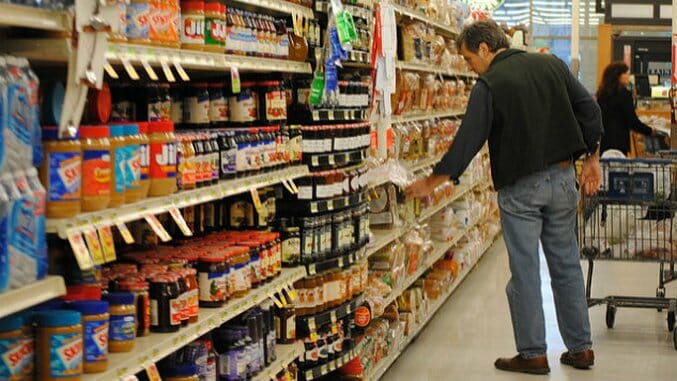Catching Up With Karenna Gore on How Climate Change Affects Food

Earth Day is a holiday that should be celebrated every day. But after April 22, many organizations and individuals forget about their pledges to renew and protect the earth.
Cumulative daily environmental changes can’t be reversed in 24 hours. The Cathedral of St. John the Divine recently hosted a festival emphasizing the environmental aspects of food called The Value of Food. The festival featured art exhibitions and talks focusing on food security, accessibility, and sustainability, and highlighted the environmental crises we are now facing.
Karenna Gore, Director of the Center for Earth Ethics at Union Theological Seminary, spoke at the festival on the importance of efficient waste infrastructure and its effect on the environment. The Center for Earth Ethics brings global spiritual and religious leaders, activists, scholars and scientists together to address the urgent issues of climate change.
Paste spoke with Ms. Gore on the intersection of climate change politics, awareness, and grocery shopping.

Paste: How do you think climate change affects food?
Karenna Gore: The way that I think about it is on a broad, brushstroke level about consciousness and how humanity views its relationship to the rest of the natural world and to the planet. It seems to me as if it’s a little bit reverse-ordered — that food has affected climate change, in that so many people don’t know where there food comes from. We’ve gotten really disconnected.
Paste: In what sense?
KG: In the sense that food comes in packages from stores, from around the world—for a lot of people in the United States, it kind of leads to a sense of disconnection. You don’t know where the trash goes, where the waste goes. You don’t think as much about the consequences of your actions or the connection of your own sustenance with the health of the air, water and soil around you.
Of course, large scale industrial agriculture takes a lot of energy and produces a lot of waste. This often involves transporting things around the world, and it’s a system based on profit and quantity, and not on the actual nutritional value or cultural significance.
Paste: What role does consumer choice play in the politics of food?
-

-

-

-

-

-

-

-

-

-

-

-

-

-

-

-

-

-

-

-

-

-

-

-

-

-

-

-

-

-

-

-

-

-

-

-

-

-

-

-








































